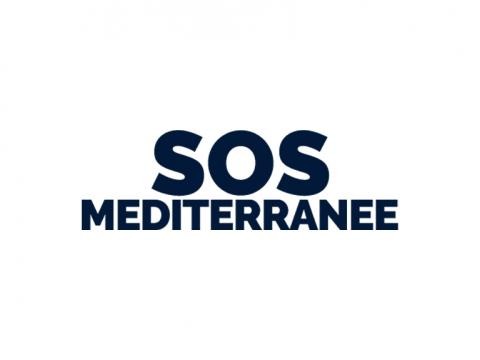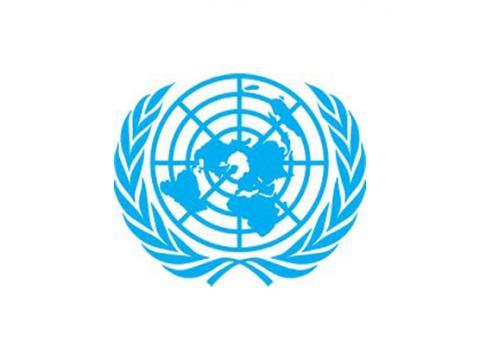
The
Shrinking
Humanitarian
Space
Increasingly, the world’s poorest children live in the most dangerous places—also known as “fragile contexts”. While historically humanitarians could provide necessary support to vulnerable families as a neutral third-party to conflicts. Today, as aid is politicized, this is often not the case.
According to data from the Aid Worker Security Database, in 2019, 125 humanitarian workers lost their lives while providing for the needs of the most vulnerable; while an additional 483 workers survived major attacks.
At World Vision, our mission to help the most vulnerable children overcome poverty and experience fullness of life requires us to work in some of the most dangerous places. Syria, South Sudan, the Democratic Republic of Congo, Afghanistan and Central African Republic accounted for 60% of attacks on aid workers in 2018. World Vision works in all five countries.
The shrinking of the “humanitarian space” or our ability to deliver aid in an unhindered and safe manner, puts even greater strain on our staff and hinders our ability to provide for the needs of those who desperately need it.
As an international relief and development agency, World Vision is committed to serving all children following the humanitarian principles of: humanity, impartiality, independence and neutrality.
Our dedicated staff have an important role to play in the survival and flourishing of some of the most vulnerable children in the world. Unfortunately, our staff and those of our partners and other humanitarian organisations face increasing obstacles, threats and attacks. Humanitarian emblems and flags, which traditionally provided a shield for humanitarian workers, often become targets leading to aid workers being harassed, arrested, expelled, attacked and even killed.







